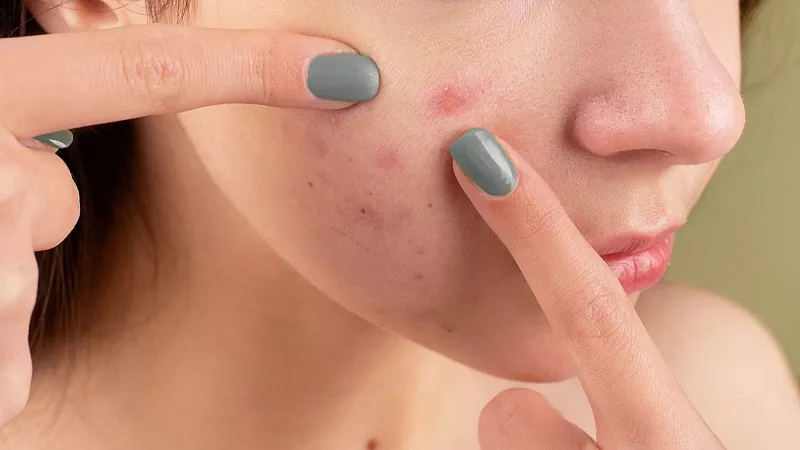Hives allergy is a common skin condition that affects many people. It is also called urticaria, welts or nettle rash. The condition manifests as raised, red or white itchy bumps on the skin, which can appear in clusters or as a single bump. These hives can vary in size, from as small as a pencil eraser to as large as a dinner plate. In this article, we will explore the causes, symptoms, and treatment of hives allergy.
Causes of Hives Allergy
Hives allergy can be caused by many factors, including allergic reactions, infections, medications, and physical stimuli. Allergic reactions are the most common cause of hives allergy. They occur when the immune system overreacts to substances in the environment, such as pollen, dust mites, animal dander, or food. When this happens, the body releases histamine, a chemical that causes itching, swelling, and redness.
Infections can also cause hives allergy, especially viral infections such as colds, flu, and mononucleosis. Medications such as antibiotics, aspirin, and ibuprofen can also trigger hives allergy. Physical stimuli such as heat, cold, pressure, or sun exposure can also cause hives allergy.
Symptoms of Hives Allergy
The symptoms of hives allergy include itchy, raised bumps on the skin that can be red, white, or flesh-colored. They may appear suddenly and disappear quickly, or they may persist for several days or weeks. The hives can be localized or widespread and can affect any part of the body. In severe cases, hives allergy can cause swelling of the lips, tongue, or throat, difficulty breathing, dizziness, and loss of consciousness.
Diagnosis of Hives Allergy
Diagnosing hives allergy involves a thorough physical examination and medical history. Your doctor may ask you questions about your symptoms, such as when they started, how long they have lasted, and if you have any other medical conditions. Your doctor may also perform allergy testing or blood tests to rule out other possible causes of your symptoms.
Treatment of Hives Allergy
The treatment of hives allergy depends on the severity and duration of the symptoms. In mild cases, hives allergy can be treated with over-the-counter antihistamines such as Benadryl or Claritin. These medications work by blocking the effects of histamine and reducing itching, swelling, and redness.
In more severe cases, your doctor may prescribe stronger antihistamines or oral corticosteroids to reduce inflammation. If your hives allergy is caused by an underlying medical condition, such as a thyroid disorder or autoimmune disease, treating the underlying condition can help alleviate your symptoms.
In addition to medication, there are several home remedies and lifestyle changes that can help manage hives allergy. These include avoiding triggers such as certain foods, stress, or extreme temperatures, wearing loose-fitting clothing, taking cool baths or showers, and applying calamine lotion or other soothing creams to the affected area.
Prevention of Hives Allergy
Preventing hives allergy involves identifying and avoiding triggers that cause an allergic reaction. If you have a known allergy to a particular substance, such as pollen or peanuts, it is important to avoid these substances. If you are unsure what triggers your hives allergy, keeping a journal of your symptoms and activities can help identify potential triggers.
In some cases, hives allergy can be prevented by taking antihistamines or other medications before exposure to the trigger. For example, if you have a history of hives allergy after eating seafood, taking an antihistamine before eating seafood may prevent an allergic reaction.
Conclusion
Hives allergy is a common skin condition that can be caused by a variety of factors. Although the symptoms can be uncomfortable and sometimes severe, hives allergy is usually not life-threatening. With proper diagnosis and treatment, most people with hives allergy can manage their symptoms effectively and live a normal, healthy life. If you suspect that you may have hives allergy, it is important to consult your doctor for an accurate diagnosis and appropriate treatment.
[inline_related_posts title=”You Might Be Interested In” title_align=”left” style=”list” number=”6″ align=”none” ids=”3031,3029,3027″ by=”categories” orderby=”rand” order=”DESC” hide_thumb=”no” thumb_right=”no” views=”no” date=”yes” grid_columns=”2″ post_type=”” tax=””]

































